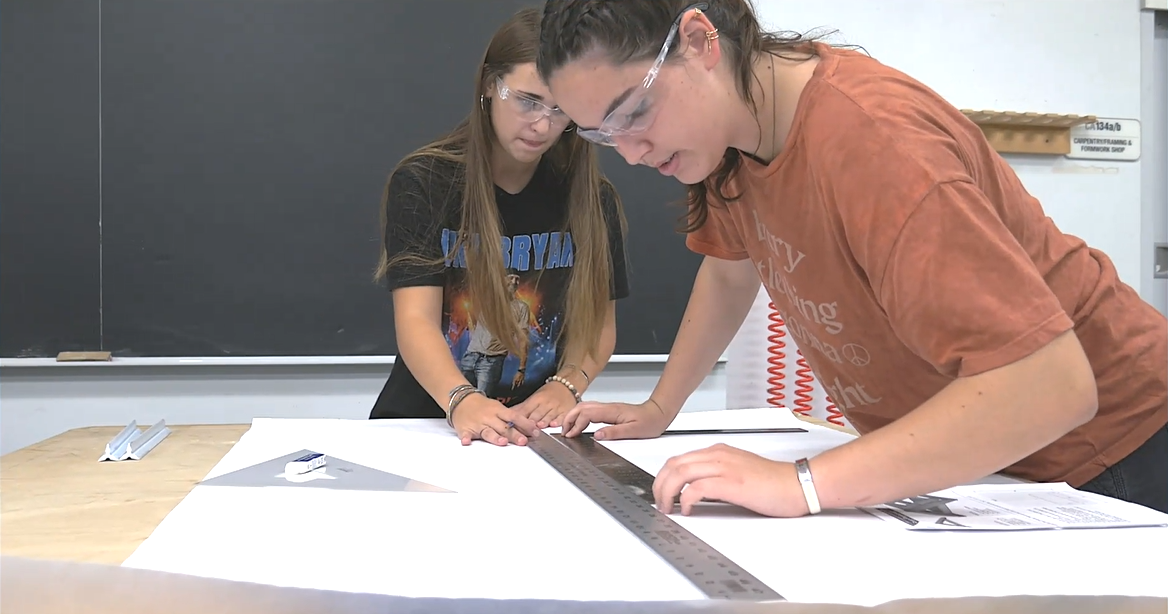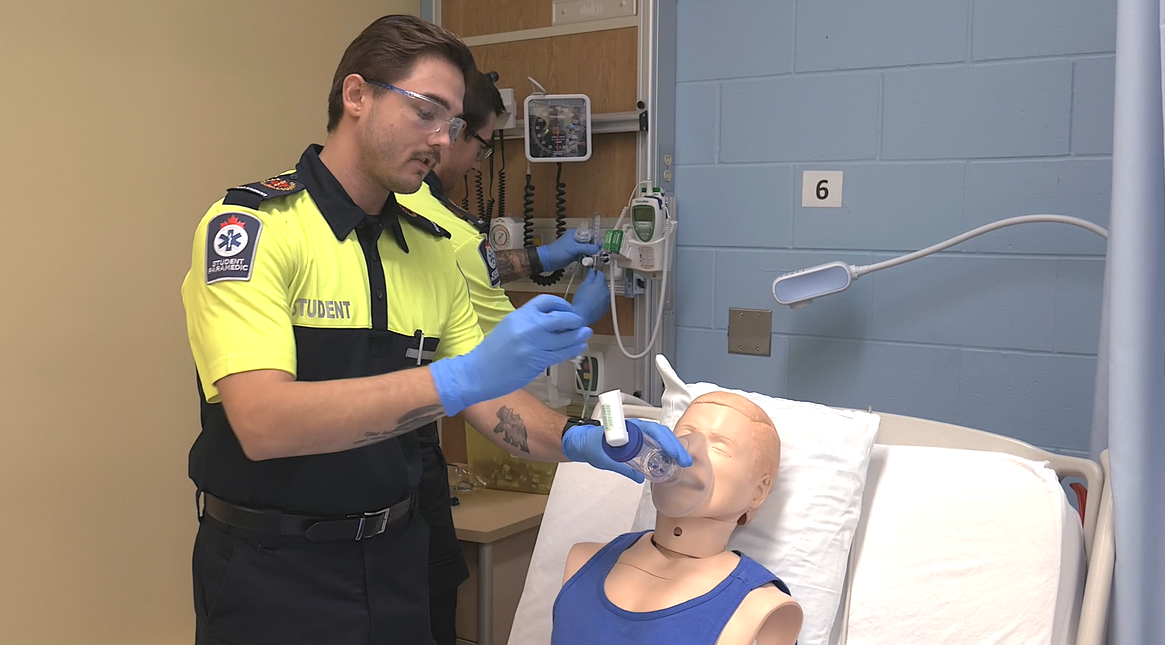Seneca Polytechnic
Supporting the Life Sciences Sector
Algonquin College
Addressing Labour Shortages in the Skilled Trades
Polytechnics are preparing Canada’s next-generation workforce
It’s no secret that unrelenting technological progress and chronic labour shortages challenge Canada’s ability to remain prosperous and compete globally. Unfortunately, traditional academic learning doesn’t necessarily prepare young talent for the 21st century work world.
That’s why polytechnics, with their delivery of hands-on, technical, and career-focused education, are increasingly being viewed as the best solution. But Polytechnics Canada CEO Sarah Watts-Rynard prefers to describe the situation more magnanimously.
Read More > “Polytechnics are preparing Canada’s next-generation workforce”
Submission to the Department of Finance in advance of Budget 2024
Key recommendations include:
- When considering a response to the Report of the Advisory Panel on the Federal Research Support System, ensure new measures fully utilize capacity across the entire post-secondary research ecosystem, especially as it relates to mission-driven and industry-led research at polytechnic institutions
- As Indigenous businesses and communities seek economic empowerment and solutions to local challenges, ensure there are funding mechanisms that activate existing academic capacity and enable institutions to build effective, long-term relationships with their Indigenous partners
- Ensure post-secondary institutions have adequate access to strategic infrastructure funding to support campus renewal, invest in affordable student housing and undertake sustainability projects
- Implement a $25 million cost-shared training equipment fund for Canada’s hands-on learning institutions to ensure they can better unlock industry investment and adapt programming to respond to a rapidly evolving labour market
- To boost apprenticeship starts, introduce support for high-intervention apprenticeship intermediaries that support the hiring, training and deployment of apprentices and reduce friction to employer participation
- Launch a national consultation to inform policies related to Canada’s international student population with a view to developing a long-term strategy to ensure ethical recruitment, efficient visa processing, adequate supports and resources during training and transparent pathways to immigration
In Canada’s housing crisis, skilled tradespeople as essential as blueprints. Here’s how Ottawa can grow their numbers
Canada is facing its worst housing affordability crisis in decades, putting home ownership out of reach for many young people looking to get a foothold in the market.
Despite federal investments designed to boost housing supply and expedite building approvals, the need for millions of new homes comes with additional challenges. At least as urgent as freeing up land and issuing building permits is the need for skilled tradespeople able to turn blueprints into bathrooms and concepts into kitchens.
RRC Polytech
Supporting a Green Transition in the Transportation Sector
Canada’s cap on international students shows a university bias
When Immigration Minister Marc Miller announced a new cap on international students last month, exemptions were made for Master’s and PhD students because “these are the highly skilled people Canada needs.”
Another exemption was made for those who complete short-term graduate programs, who are now eligible for three-year postgraduate work permits so long as their credentials are earned at one of Canada’s universities.
To hear the minister explain it, the exemptions are designed to address labour market needs. But has Canada’s business community found itself suddenly short of doctoral candidates and MBAs? Job vacancy rates in the federal government’s own analyses suggest otherwise.
Read More > “Canada’s cap on international students shows a university bias”







